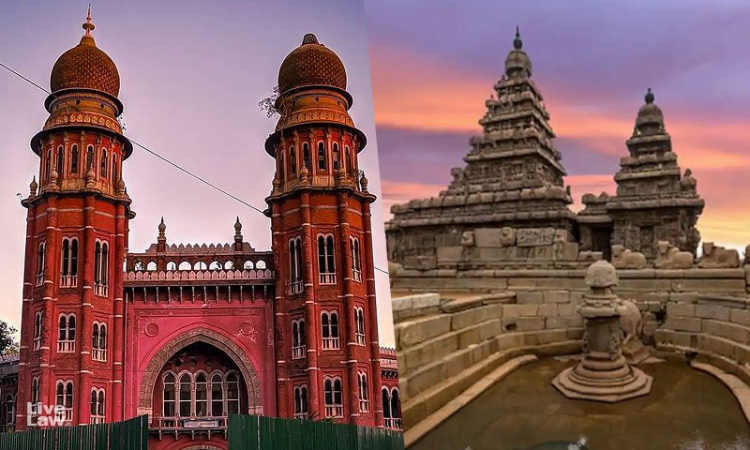Plea In Madras High Court Challenges Appointment Of Priests By 'Fit Persons' Instead Of Temple Trustees
Aaratrika Bhaumik
21 Oct 2021 1:04 PM IST

Next Story
21 Oct 2021 1:04 PM IST
The Madras High Court on Wednesday observed that appointment of priests in temples managed by Fit Persons (interim administrators appointed by the Hindu Religious and Charitable Endowments Department) shall be subject to the result of a case which claimed that only trustees are entitled to make such appointments. A Bench comprising of Chief Justice Sanjib Banerjee and Justice P.D....
